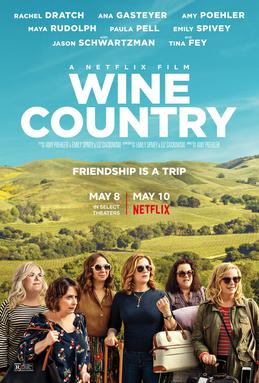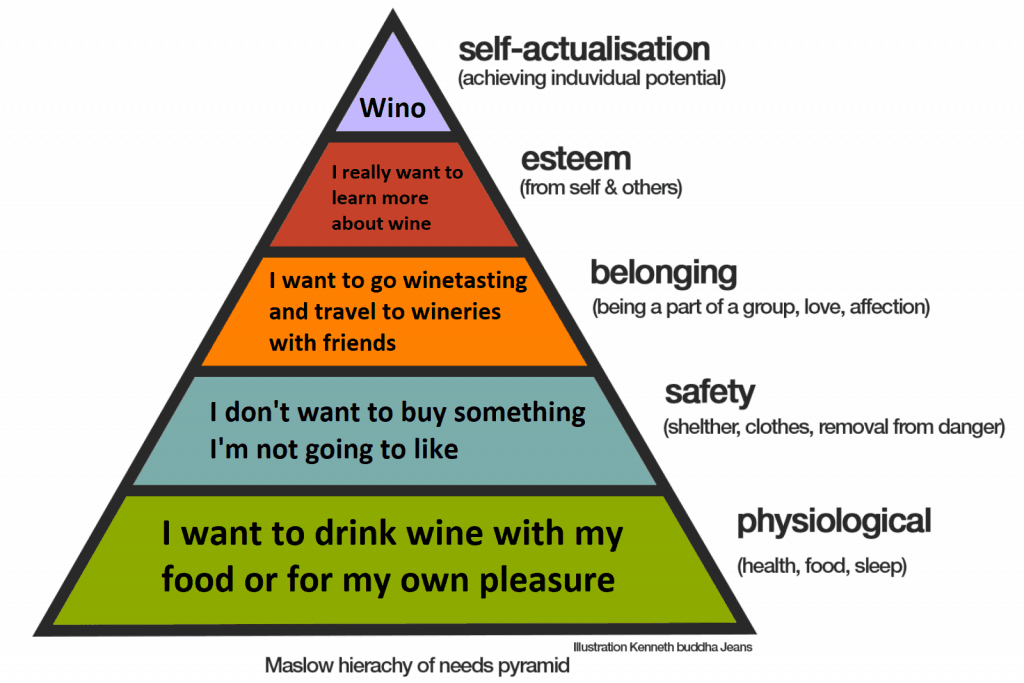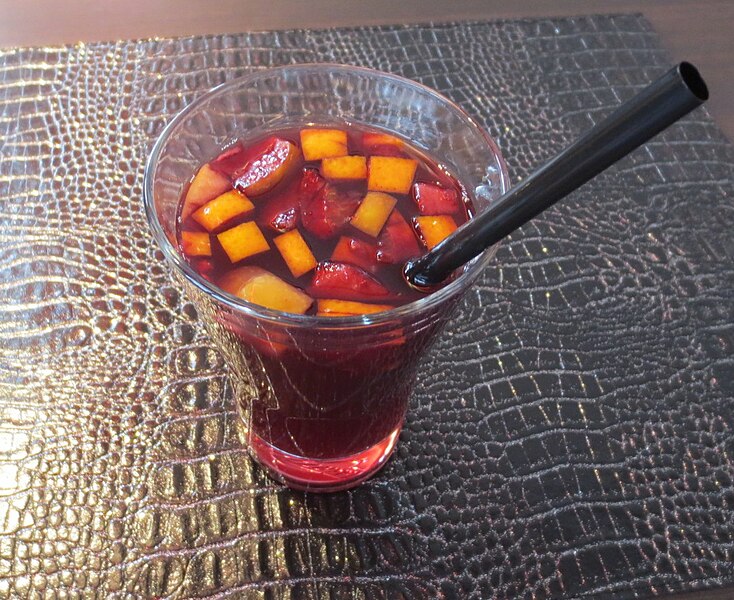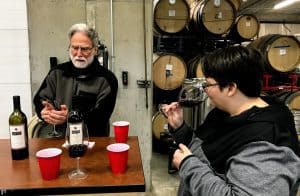Like many wine lovers, my inbox has been flooded this week with notes from wineries and wine shops detailing their response to the Coronavirus outbreak. Even places that I’ve not heard from in years, such as shops I patronized in the early 2000s when I lived in Missouri and Florida, have suddenly rediscovered my email address.

It’s great that so many businesses are being proactive in closing to protect employees and guests. It’s also a smart move to offer free deliveries and curbside pick up.
But that’s not what I need right now.
As much as I love shopping for wine, a barrage of “BUY! BUY! BUY!” is going to get a quick ‘delete.’ At worst, it may even prompt me to unsubscribe. That’s because even though I do want to support small businesses, it’s just not where my head is at the moment.
Instead, my thoughts are taken up with concerns on how my high-risk dad is doing 5000 miles away. Or whether my sisters are going to be laid off and need help with bills as they juggle homeschooling their kids. Not to mention my own quarantine situation here in Paris.
So when I go to my inbox or social media feeds, I’m looking for something that I desperately need.
A distraction.
Something to do or look forward to that breaks me out of this rut of endless bad news and worry. I need something that feels somewhat normal even though every single thing around me feels alien and bizarre.
The emails and social media posts that resonate the most with me right now are ones that give me an outlet to not think about Coronavirus for a moment. Yet, I fret that in the desire to do something (and drum up sorely needed sales), many businesses are going overboard. It’s not a bad idea to want to communicate to customers. Nor is it misguided to let folks know that you’re still open for business even in a reduced capacity.
But it’s more about how you go about it.
1.) Drop the Form Letter Speak
I’m going to splice together text from several different emails I’ve received this week. Even though some are from wineries and others from wine shops, I doubt many will pick out the splicing because they all sound pretty much the same.
Dear Friends,
During these challenging times, we’re are so grateful for the overwhelming heartfelt support from you — our amazing customers. We would like to announce the following steps that we are taking in response to the Coronavirus (COVID-19) outbreak in the community. The well-being of our staff, customers, and the community remains our top priority, and we will continue to adapt and adjust these measures due to the evolving circumstances.
In compliance with the California public health mandate, our tasting rooms are temporarily closed. We appreciate everyone’s patience and understanding during this unprecedented time.
The positive news is that the rest of the business is up and running. If you’d like to place an order, you can do so online, or by speaking to one of the team. Whether you are self-isolating, lying low or just love good wine, keep your spirits up and enjoy FREE delivery.
Please stay safe and healthy, follow CDC guidelines, and we’ll all make it through this together.
Sincere thanks for all of your support!
Your customers have likely already received at least a dozen of these emails with several more still to come.
If someone is going to know exactly what an email says before they open it, it’s not an effective email. Businesses must find ways to break out of the formula. One way is to turn it back to the customer with a personal touch. Such as:
Dear Amber,
How are you holding up? As you may have heard, our tasting room is temporarily closed. But our staff has been coming in each day to check in on our wine club members. Please feel free to call or email us if you just want to chat, have questions about what we’re doing at the winery, or even need some wine sent your way. We’ll figure something out…
Think of how different it feels to receive the second email as opposed to the first. They both basically convey the same thing. (Hey, our tasting room is closed, but we’re still here and can get you some wine!) But the first feels formulaic while the second feels sincere and empathetic.
2.) Offer more than just wine to buy and free delivery

Yes, we all love wine. But right now, we need a little more than free shipping.
I wrote before about Maslow’s Hierarchy of Needs in the context of wine education, but let’s go back to its traditional use. Because, truthfully, wine really doesn’t have a ready place in the pyramid.
You have to realize that most all your customers are going to be focusing a lot on those bottom tiers of physiological and safety needs. But as more communities get locked down in isolation, that middle tier of needing communication and connection (belonging) is going to be more prominent.
This is when wineries and wine shops need to offer more than just their products. They need to offer themselves. We always talk about how the wine industry is a people-oriented business. That’s never going to ring more true than it will over the next several months.
Now is the time to think outside the box about how to reach consumers–not just to sell, but to connect. Numerous creative ideas are emerging from forward-thinking wineries like Kendall-Jackson which is planning a series of virtual concerts, cooking classes & yoga.
Several wineries such as St. Supéry are launching virtual tastings. While this runs the risk of being overdone, it’s a starting point for other creative ways to utilize platforms such as Facebook Live, Discord or Zoom to interact with consumers.
But there are so many other ideas that can be explored.
Movie night with your own Mystery Science Theatre 3000-type Rifftrax.

Wine + indulging your inner Tom Servo & Crow = a hella fun time.
I would love to be in a Zoom room listening to winemakers riffing films like Sideways, A Walk in the Clouds, Wine Country, Bottle Shock, A Good Year, etc. The awesomeness potential could be off the charts.
And it’s fairly simple to do, not requiring the purchasing of any movie rights. Select a movie that is currently available on Netflix, Amazon Prime, Hulu or even YouTube. Pick a date and time where folks can start watching at the same point. Encourage them to keep the movie on mute and then have fun drinking and riffing.
Virtual Book Clubs
Independent bookstores and libraries are taking the lead on this, but there is no reason why wineries and wine shops can’t follow suit. With many titles available on eReaders, lots of folks are going to be turning to books for a change of pace. You can discuss popular wine books or something completely different. This could be done on a Facebook and Instagram thread or, better still, setting up an interactive Zoom room that folks can participate in face-to-face (virtually).
Wine Games
On Instagram, I do a Mystery Grape game utilizing the IG Story feature. Other bloggers such as Outwines, The Grape Grind and Bin 412 do similar games as well. It’s an easy platform that many wineries and wine shops can pick up.
Whether it be wine education games or silly scavenger hunts around the house, it’s all good fun for a few moments of distraction. And, honestly, it’s probably a better use right now of your Instagram than glamour shots of the vineyard and bottle porn.
While folks want diversions, you have to toe the line to avoid sounding tone deaf. Things aren’t very glamorous these days and likely won’t be for a while. It’s important to acknowledge the hardship and uncertainty even when you’re trying to provide other outlets.
Move wine classes online

Robert Joseph, The Wine Thinker, and Polly Hammond of 5Forests are using Zoom to conduct their Real Business of Wine live streams. It’s a great medium for many virtual events.
This is especially important for wine shops to stay connected with the community. Many shops use their wine classes to help differentiate themselves from their competitors and build relationships with regular attendees. You can still have face to face interactions with your customers–just in a different format.
These classes should be free since you’re not providing wine and food. Though you could take a page out of the wineries’ virtual tasting book by offering a discounted package for delivery beforehand. But most people aren’t going to want to open up 6 to 8 wines at home. And you can’t bank on them having a Coravin.
So I would encourage you to build your classes around one bottle of wine to taste while listening and interacting with the instructor. The other bottles in a delivery pack could be “homework” for later to try at their leisure.
The important thing is to keep offering these classes–to keep offering that connection.
While it’s easy to get overwhelmed now, we’re all in this for the long haul.
It’s likely going to be several weeks, maybe even months, before things start feeling normal. Every wine business need to take that distant vision in their planning.
The craving for a distraction and normalcy is only going to grow. Wine can be both a blessing and balm during these troubling times. But wineries and wine shops need to do more than just ask for a sale.
They have to acknowledge the other needs that consumers have and find ways to deliver more than just a great bottle of wine.






